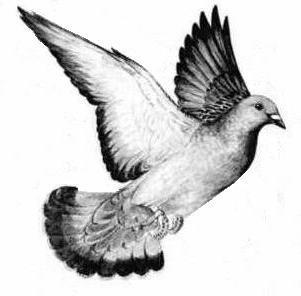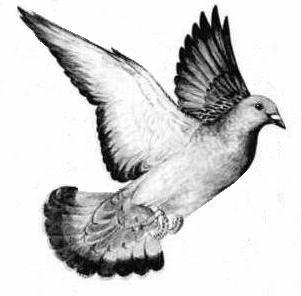News — virkon s
SALMONELLOSIS OR PARATYPHOID, WHAT ARE THE SYMPTOMS AND HOW TO TREAT IT
Posted by sharmila Samrai on
Signs of the disease: GUT PARATYPHOID - Salmonella confined to the gut can be regarded as a true carrier of the disease as the only symptoms are mild or chronic loose droppings. When the pigeon passes droppings the Salmonella is released to infect other birds. Salmonella droppings are described as being green, smelly, bubbly and loose. Youngsters born with infection from the egg or pick it up within the first few days of life may die with acute watery diorrhea since they are not old enough for their immune system to have had a chance to build up immunity to...
HOW ARE YOU LOOKING AFTER YOUR BIRDS IN THE WARM WEATHER?
Posted by Dave Page on
The warmer weather will most Definitley have an effect on your birds mainly with the following problems here's a few tips on how to deal with them, Firstly, dehydration. In order to combat this give YBS as a supplement to counter the loss in essential salts & vitamins on a daily basis. Secondly the warm weather conditions are ideal for diseases like cocci, worms & mite. We recommend the 4 in 1 to control the Cocci, Canker, worms & mite. Make sure there are no damp patches around the loft surfaces as this could lead to re-infestation with cocci &...
AVIAN FLU UPDATE 2022
Posted by Daniel Evans on
AVIAN FLU Avian influenza refers to the disease caused by infection with avian (bird) influenza (flu) Type A viruses. These viruses occur naturally among wild aquatic birds worldwide and can infect domestic poultry and other bird and animal species. Avian flu viruses do not normally infect humans, but cases have been known in humans and others mammals. Following the advice by DEFRA an aviation flu Protection Zone was placed across the UK with effect from 17th October 200 The AIPZ means all bird keepers in England (whether they have pet birds, commercial flocks or just a few birds in a backyard flock) are required by law to take a range...
Moulds, fungi & yeasts - what you need to know!
Posted by sharmila Samrai on
Moulds, fungi & yeasts are present in the atmosphere, especially in damp environments - Just try leaving damp bread out on the kitchen work surface & within a couple of days you will see a mould growth on the bread! Poorly ventilated lofts & feeding damp musty feed can indeed increase the risk of your birds, do not feed brewers yeast to unwell birds as this may exacerbate the condition. Please note that the disease 'pigeon fanciers lung' is caused by an allergy to 'pigeon bloom' and not mould. Aspergillus mould is the most common mould affecting pigeons. This mould colonises...




